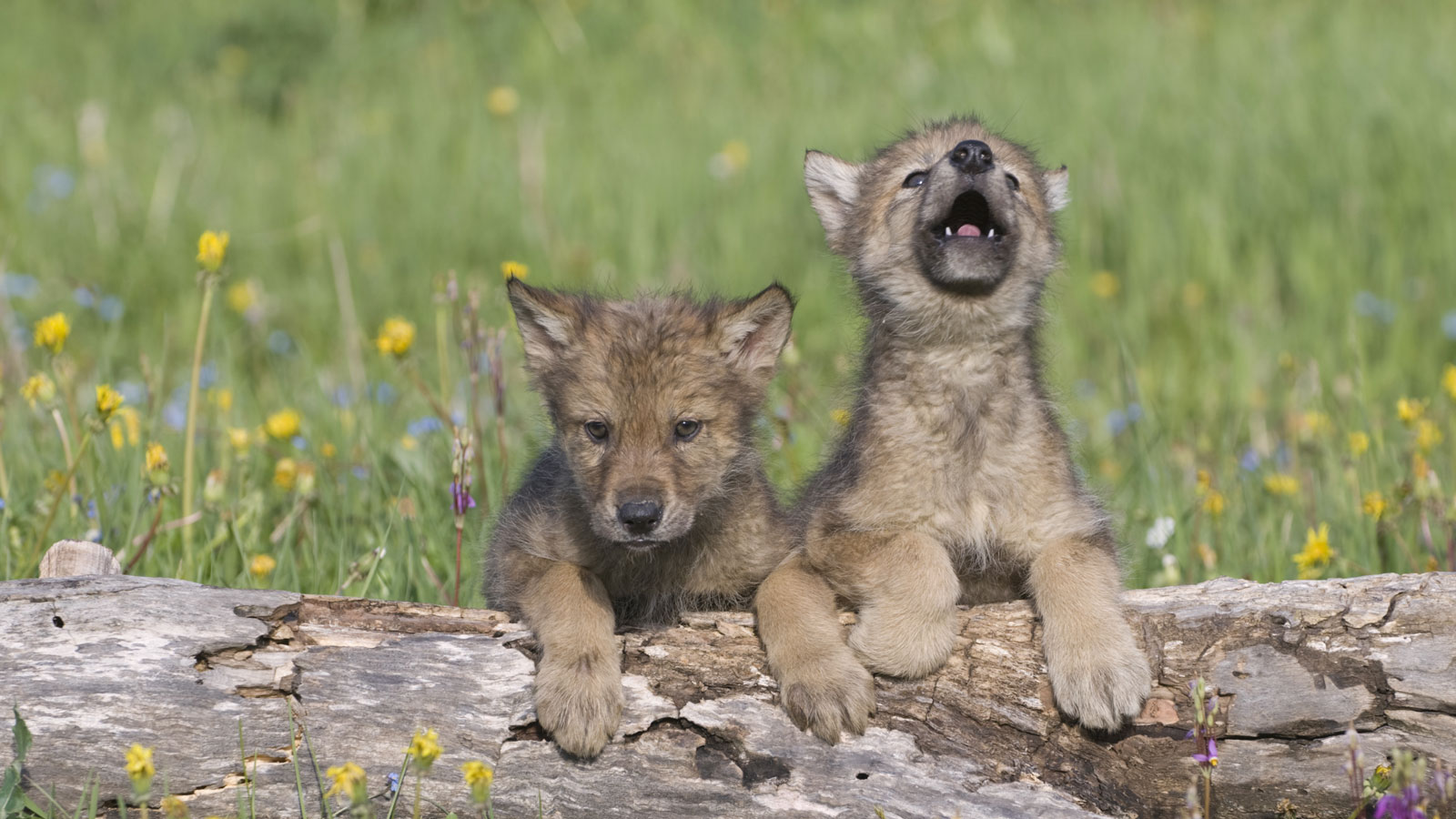
Tell Congress: Save America’s threatened and endangered species
Right whales, Rice’s whales, gray wolves and other endangered species need urgent protection — but Congress is trying to block it.
Send a message
The Endangered Species Act has saved America’s bald eagle, the humpback whale and many more species.
It has a 99% success rate at staving off the extinction of listed species — but Congress isn’t celebrating.
Right now, North Atlantic Right whales, Rice’s whales, gray wolves, sage grouse, Northern long-eared bats and grizzly bears need urgent endangered species protections. But instead of acting to protect them, lawmakers have inserted amendments into a must-pass spending bill that would block protections for these animals and more.
We know that extinction is forever.
When a species is closing in on extinction, the U.S. Fish and Wildlife Service is required to act to protect the species’ habitats. But unfortunately for at-risk species, those decisions can sometimes get political. And when that happens, some members of Congress jump into the fray and try to block protections for wildlife. They might oppose protections for any number of reasons — they might be concerned about impacts on commerce, for example, or undue regulation.
Here at Environment Washington, we have a different set of priorities: We want a world filled with more wildlife and wild places. Our planet loses two football fields worth of wild lands every minute, and too many animal species face extinction. We can’t afford to drag our feet on protecting what wilderness and wildlife we have left.
Here are a few examples in the anti-wildlife amendments tacked on to the House spending bill:
If we want to live in a world rich in wildlife, a world with gasp-producing whale breaches in the ocean, bats swooping at dusk, and wolf howls in the distance, then this bill must be blocked.
For 50 years, the Endangered Species Act has worked as it should to save wild species from extinction. We can’t let Congress weaken this successful tool for protecting wildlife.
You stand up for America’s wildlife and stop these anti-wildlife amendments by adding your name to our petition today.
Stop Congress from blocking protections for whales, wolves, bats, grizzlies and more.
Send a message
Steve directs Environment America’s efforts to protect our public lands and waters and the species that depend on them. He led our successful campaign to win full and permanent funding for our nation’s best conservation and recreation program, the Land and Water Conservation Fund. He previously oversaw U.S. PIRG’s public health campaigns. Steve lives in Sacramento, California, with his family, where he enjoys biking and exploring Northern California.
